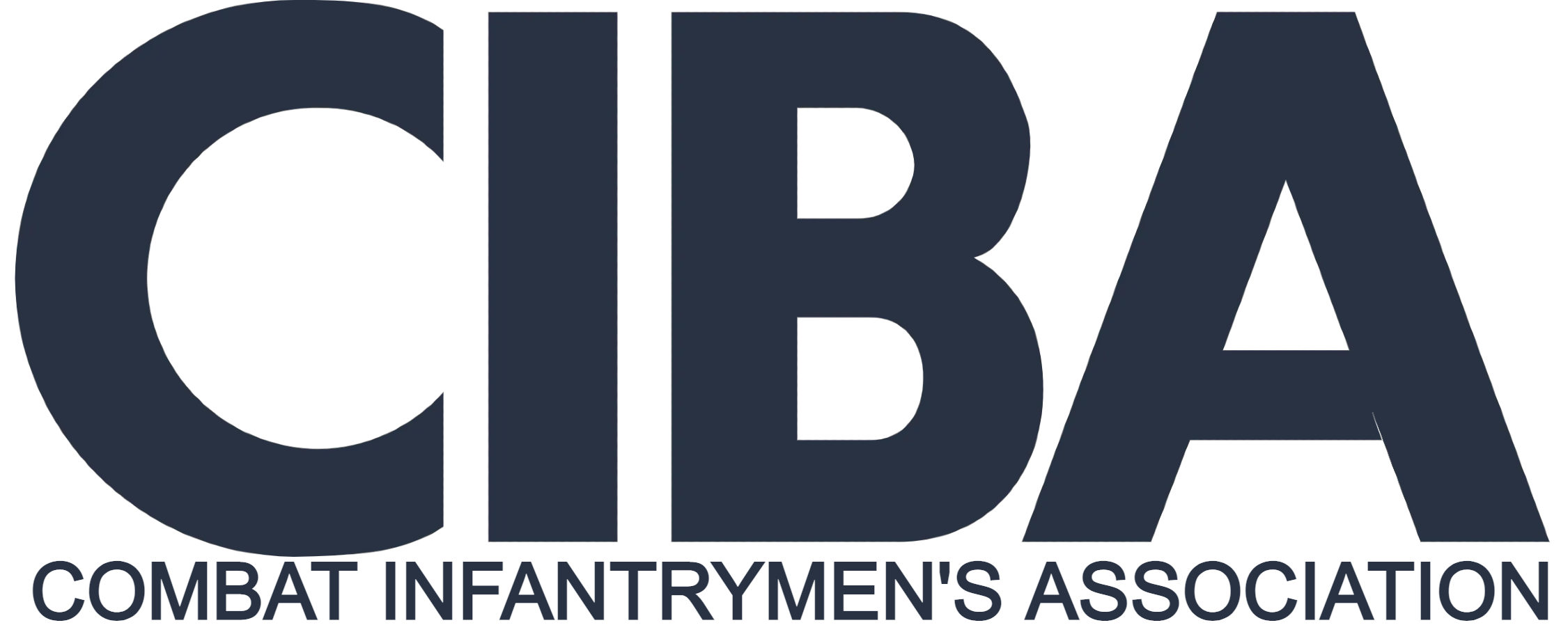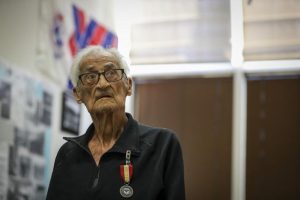JUNEAU, Alaska — A U.S. Army soldier accused of killing his wife in Alaska after a night out celebrating his 21st birthday is set to be back in court Thursday, according to court records.
Zarrius Ray Hildabrand faces murder and evidence tampering charges in the death of his wife, Saria Hildabrand, of Utah, whose body was found in a storm drain in Anchorage, Alaska.
Hildabrand first reported his wife missing Aug. 7. Police arrested him after finding Saria Hildabrand’s body as well as the mattress in their home “saturated” by blood, according to a complaint filed in the case.
A judge during a court hearing Aug. 11 set bail for Hildabrand at $500,000 and appointed a public defender for him, the Anchorage Daily News reported. He is scheduled for a pre-indictment hearing in Anchorage on Thursday.
A message seeking comment from an attorney representing Hildabrand was not returned.
According to the complaint, Hildabrand reported his wife missing the evening of Aug. 7. He said they had been partying on Aug. 5, to celebrate his birthday, and got home in the early hours of Aug. 6.
He said both were hung over and his wife walked to work, about a mile away, that morning. He said she didn’t take her phone with her and that he waited to contact police “because he thought he might find his wife and find it was a misunderstanding,” the complaint states.
Coworkers of Saria Hildebrand told investigators she didn’t show up for work and they reported getting text messages from her phone number on Aug. 6, about 45 minutes after Hildabrand said she’d left home, saying she was not coming to work. A friend of Saria Hildabrand who had been out with the couple for the birthday told investigators that Saria had told her she had no plans to go to work on Aug. 6, according to the complaint.
Hildabrand denied sending his wife’s coworkers a text “and couldn’t explain how that happened,” the complaint says.
Zarrius Ray Hildabrand made three separate trips to a store on Aug. 6, buying items such as a set of bed sheets, a mattress cover, hydrogen peroxide, a spray bottle and other things, including marinara sauce, investigators say. He also purchased a trash can at another store, according to the complaint.
He had initially allowed police to look around the couple’s home but refused to let them look under the bed, saying there were “embarrassing” items stored under it, according to the complaint.
Authorities later found the mattress “saturated” by blood, the complaint says.
Police on Aug. 10 found what appeared to be a pillow inside a storm drain and beneath the pillow discovered human remains, identified as belonging to Saria Hildabrand. She appeared to have a gunshot wound to her head, the complaint says.
Police had responded to a disturbance complaint in the area of a possible gunshot early on the morning of Aug. 6 but patrol officers did not find anything suspicious, according to the complaint.
Saria Hildabrand had been a member of the Alaska Army National Guard since April and previously served in the Utah Army National Guard.
Her mother, Meredith Barney, said Saria was kind, intelligent and funny. Her daughter joined the Guard to help pay for an education that would allow her to enter the medical field, she said.
“She was such a hard worker — really driven. She was a really great big sister. She really cared about people. She was smart and ready to move forward, looking toward her future,” Barney said in a telephone interview from Utah.
Barney said a funeral was planned for Aug. 25 in Mount Pleasant, Utah, and that the military would perform a color guard ceremony when her body is flown in next week.
Zarrius Ray Hildabrand joined the U.S. Army in September 2021 and was assigned to Alaska in March 2022, where he was with the 2nd Infantry Brigade Combat Team (Airborne), 11th Airborne Division at Joint Base Elmendorf-Richardson in Anchorage. He is from Elizabethtown, Kentucky, according to information provided by the Army.
___
Associated Press reporter Sam Metz contributed from Salt Lake City.
© Copyright 2023 Associated Press. All rights reserved.
Please rate this CIBA article
Vote






